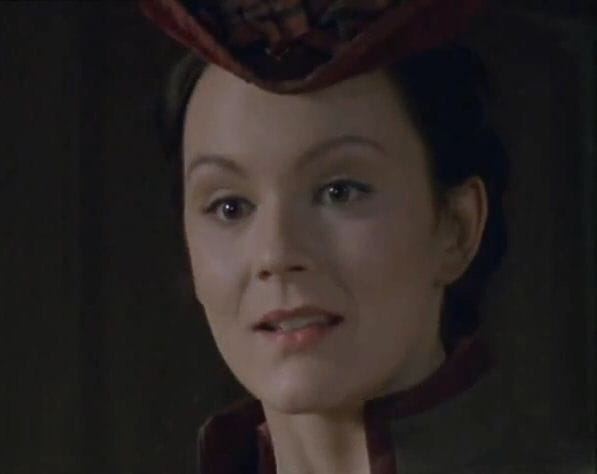


But full openness is nearly impossible for Nancy, and she’s vulnerable to abuse and tremendous pain.Īlthough much of Nancy’s suffering is specific to her place and time, the pain (and pleasure) of growing up and figuring yourself out transcends place and time.

Waters places Nancy in different quarters of lesbian society of the time and lets us see many different ways that these women lived, sometimes even fairly openly. Her goal is to be who she is and enjoy whatever pleasures she can have, and as a lesbian in the 19th century, her path cannot be easy. But her selfishness also gives her strength because it makes her unwilling to live any more of a lie than she has to. She prefers the easy path, the comfortable one. When people make her life difficult, she lets them go. Her selfishness, in fact, nearly leads to her undoing. Nancy writes about what happens to her not to be titillating but because she needs to tell her story. (It’s been a long time, so I don’t remember the details from Faber.) But I never got the sense that she was writing from a feeling of superiority. Waters is just as explicit as Faber, perhaps even more explicit when it comes to sex. That book struck me as looking down on the Victorians for their prudish attitudes about sex and excrement. When I was reading this, I kept remembering how much I disliked Michel Faber’s The Crimson Petal and the White, which seemed to revel in degradation and filth. For the next few years, she lives in squalor and in luxury and has to figure out how she can love truly and honestly. The happiness doesn’t last, and soon Nancy is on her own, friendless and lacking family and doing whatever she can think of to survive. Their happiness only grows when Nancy ends up joining the act, enjoying the feeling of men’s suits and the attention of her fans but Kitty’s love most of all. Kitty seems to return the feeling, and when Nancy decides to accompany her to London as she attempts to launch a career there, the two couldn’t be happier. Without even realizing that a woman could fall in love with another woman, Nancy falls in love. That changes when she sees Kitty Butler dressed as a man and singing in a music hall. She has a sweetheart and expects nothing more than to marry and stay in Whistable. Set in the late 19th century, Tipping the Velvet is the story of Nancy King, a young woman from Whistable who has spent her first 18 years helping in the kitchen in her family’s oyster parlor. It’s excellent, and although it doesn’t surpass The Little Stranger and Fingersmith in my estimation, it comes close. Not many people seem to list this as their favorite Waters novel, and I figured that her first novel would be the one where she was still figuring out how to be a novelist. Although I’ve read and enjoyed all of Sarah Waters’s other books and consider her one of my favorite authors, I went into Tipping the Velvet with low-ish expectations.


 0 kommentar(er)
0 kommentar(er)
